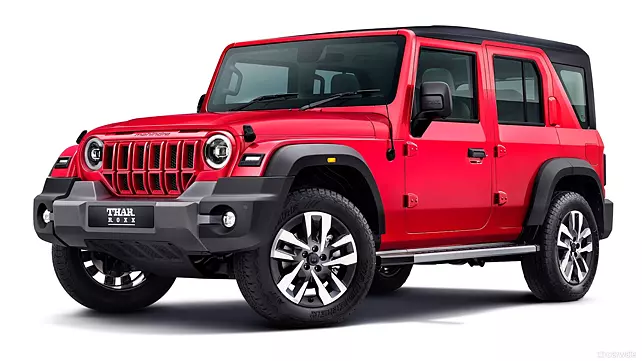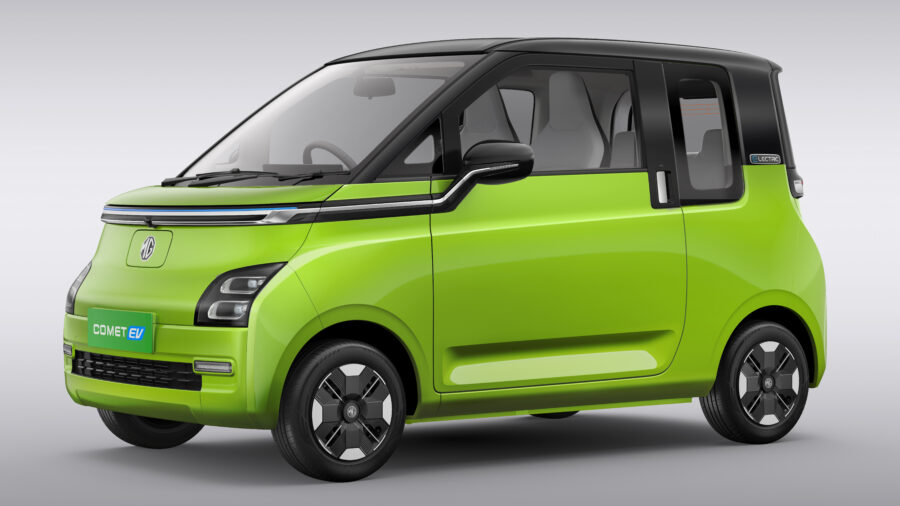Quick overview
- Maruti Suzuki led March 2025 sales with 153,134 units.
- Hyundai narrowly beat Tata Motors for the second spot.
- Electric vehicle sales surged past 200,000 units, driven by two-wheelers.
March 2025 Car Sales in India
The Indian passenger vehicle market in March 2025 saw major shifts as manufacturers pushed for strong year-end numbers. Maruti Suzuki maintained its dominance, selling 153,134 units. Hyundai reclaimed the No. 2 position by a slim margin, selling 51,820 vehicles, while Tata Motors followed closely with 51,616 units.

Mahindra & Mahindra continued its SUV momentum, reporting an 18% YoY growth, selling 48,048 units. Toyota Kirloskar also saw a 10.53% increase, touching 30,043 units. Kia India recorded a 19.27% rise, delivering 25,525 vehicles.
Luxury brands enjoyed a strong run as well. Lamborghini India sold 113 cars, marking a 10% rise, while Mercedes-Maybach grew by 145%, delivering 500 units.
Below is a detailed breakdown of car sales across key brands in India:
March 2025 Car Sales – Brand-wise Breakdown
| Brand | Units Sold | YoY Growth (%) |
|---|---|---|
| Maruti Suzuki | 153,134 | 5.6% |
| Hyundai | 51,820 | 7.2% |
| Tata Motors | 51,616 | 6.8% |
| Mahindra & Mahindra | 48,048 | 18.0% |
| Toyota | 30,043 | 10.53% |
| Kia | 25,525 | 19.27% |
| Honda | 9,000 | 4.3% |
| MG Motor | 5,156 | 3.2% |
| Skoda | 3,604 | 12.1% |
| Volkswagen | 3,151 | 9.4% |
| Nissan | 2,413 | -2.1% |
| Renault | 1,678 | -5.3% |
| Jeep | 901 | -8.7% |
| Mercedes-Benz | 1,450 | 6.4% |
| BMW | 1,200 | 8.1% |
| Audi | 850 | 9.9% |
| Jaguar Land Rover | 620 | 7.6% |
Electric Vehicle Market Growth
The electric vehicle (EV) segment saw a major boost, with 203,253 units sold in March 2025, up from 139,938 in February. The biggest contributor was the two-wheeler category, where sales jumped from 76,583 to 130,375 units.

Final thoughts
The March 2025 car sales figures reflect a shifting landscape, with SUVs and electric vehicles gaining more traction. Hyundai and Tata Motors continue their intense rivalry, while luxury and EV brands enjoy steady growth. With the new fiscal year around the corner, automakers will likely rev up their strategies to keep the momentum going.

